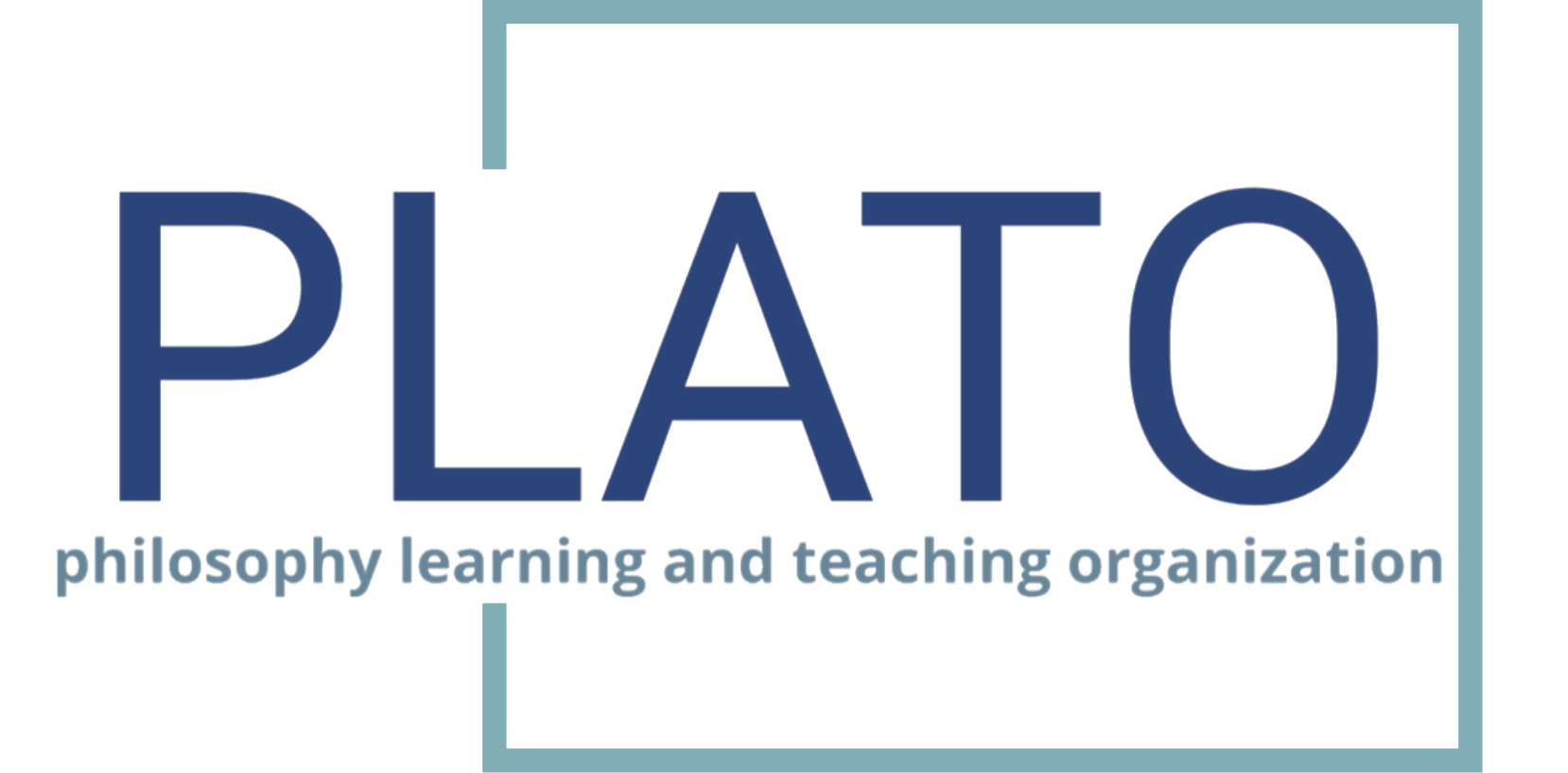2016 High School Essay Contest
The PLATO High School Essay Contest awards will be given to the best philosophical essays written by high school students, in response to the year’s contest essay question.
Awards:
First place – $250
Second place – $150
Third place – $100
All winning essays will be published in PLATO’s journal Questions: Philosophy for Young People.
Contest Details:
Eligibility: All high school students in the U.S. are eligible to enter.
Submission Process:
Please submit the essay as a .doc or .docx file. The first page of the entry should be a cover page that includes a one-paragraph bio, your name, contact information (phone and email), grade and school. The essay should begin on page 2 (please make sure your name is not listed on the pages containing the essay). It should be emailed to: info@plato-philosophy.org with the subject line: “2016 PLATO Essay Contest Entry.”
Essay length:
2,000 words maximum
Judging:
The papers will be read and judged by a panel of high school philosophy teachers and philosophy professors.
Deadline: January 31, 2016
2016 PLATO Essay Contest Question
What is the moral status of non-human animals? What value should their lives have? Do all non-human animals have the same moral status? Or do some species have greater moral worth than others?
To answer this question, consider this scenario. Lana has come to you for advice. She is wondering whether to become a moral vegetarian like some of her friends. These friends have persuaded her that eating meat contributes to factory farming and unfair treatment of animals—she is definitely against that. However, she wonders if deciding to not eat meet would sufficiently address her concerns about animal rights. Maybe she should become a vegan instead. If she is convinced that animals have a moral standing, then surely she should give up buying leather shoes and beauty products too. But if this is true, where will this line of reasoning lead her? Will she soon find herself not walking on the street for fear of stepping on an ant? Lana wants to do the right thing, but she feels confused. What should she do? What do you tell her?
Directions: Write an essay that provides a reasoned, sincere and well-supported argument in response to the question, focusing on the ethical dilemma.
Give your essay a title, number your pages, and proofread it carefully.
Your essay should advance reasons to help support your own conclusions about the question. The best essays will not simply summarize arguments put forth by others or make assertions, but will ask questions and make claims based on evidence and considered reflection. Strive to be consistent in your reasoning by testing your position against other practical and ethical commitments. Be sure to represent arguments that oppose your own point of view and defend your position against such challenges.
We ask that you reference at least one of the sources listed below. These texts can be a source of information, but they can also be used to spur inquiry. If you decide to quote from the text, be sure to interpret the passage in your own words. Explain what you understand the philosopher to be saying and why what he or she is saying is important for your argument. For example, the philosopher’s position might support, complicate or challenge your own response to the question. We do not require you to cite other sources, though you may.
Here are two online philosophy resources about animals rights that may prove helpful:
*Stanford Encyclopedia of Philosophy, particularly, in this case, an article by Lori Gruen: http://plato.stanford.edu/entries/moral-animal/
*Equality for Animals by Peter Singer: http://www.utilitarian.net/singer/by/1979—-.html
If you use outside references, list them at the end of the essay using the citation style above (MLA style). For notes within the essay, use author’s name and page, e.g. (Kant, p. 222).
Please do not use Wikipedia or dictionary definitions in your essay.
For more information or questions about the PLATO High School Essay Contest, please email: info@plato-philosophy.org
2014-15 PLATO ESSAY CONTEST
Announcement: We have our winners for the 2014/15 essay contest. Congratulations and thanks to all who participated!
First place
Syra Mehdi
Noble and Greenough School, Dedham, MA
“Aristotle’s Theory of Friendship Tested”
Second place
Julia Walton
Academy of Notre Dame du Namur
Villanova, PA
“In the Place Beyond Utility and Pleasure”
Third Place
Brendan Bernicker
Radnor High School
Radnor, PA
“So Tyler, Did Jamie Cheat?”


